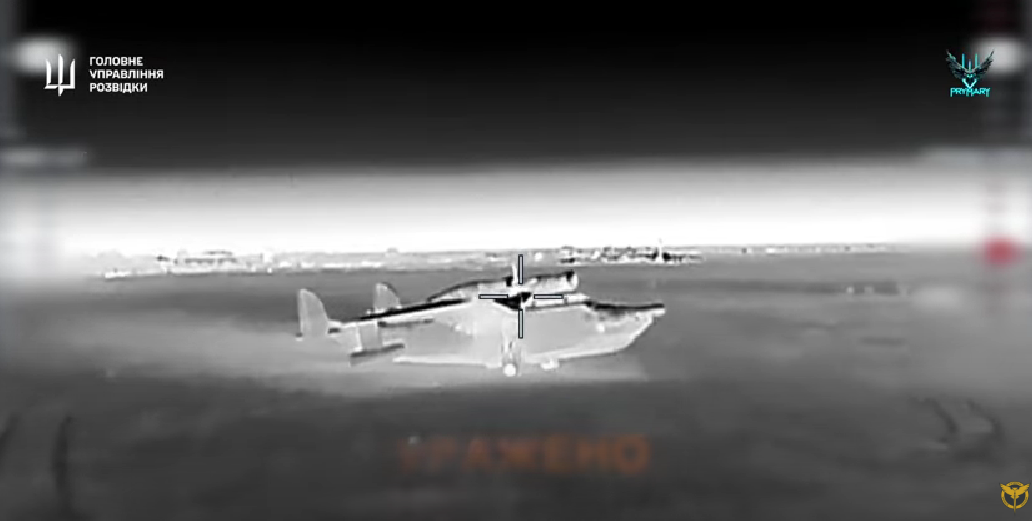Putin proposes temporary US-Russia nuclear arms control deal but vows response to 'any threats'

Russian President Vladimir Putin said on Sept. 22 that Russia is ready to respond to any threats as he accused the West of seeking superiority in the nuclear domain.
The comments come amid rising tensions between NATO and Russia, following the downing of Russian drones over Poland and airspace violations in Estonia.
Speaking at a Russian Security Council meeting, Putin said the expiration of the New START Treaty in February 2026 will mark the end of the last accord limiting U.S. and Russian nuclear arsenals.
The New START Treaty, signed by Russia and the U.S. in 2010 and set to expire on Feb. 5, 2026, places mutual limits on strategic nuclear warheads and launchers.
Putin announced that Russia is willing to uphold the treaty's quantitative limits for another year and will decide on any future restrictions according to its own assessment.
"We believe this step will be only possible if the U.S. does the same," Putin said.
Russia suspended its participation in the treaty in February 2023 but did not fully withdraw, claiming to continue to uphold its quantitative limits.
U.S. President Donald Trump, who met Putin in Alaska on Aug. 15, has said he wants to maintain the limits set by the New START agreement.
The Kremlin's chief further warned that Russia is "ready to respond to any existing or emerging threats" with "military-technical means" rather than just words.
Since launching the full-scale invasion of Ukraine in 2022, Russia has repeatedly issued veiled or overt nuclear threats against the invaded country and its Western partners.
During his address, Putin went on to accuse the West of "destructive steps" endangering the dialogue between nuclear-armed powers and said that Russia has confidence in its deterrent forces.
Russia possesses the largest nuclear arsenal in the world. According to estimates from the Stockholm International Peace Research Institute (SIPRI) in 2024, the United States has 3,708 nuclear warheads, while Russia has 4,380, excluding retired weapons.
Satellite imagery published earlier this year showed that Russia has expanded and modernized at least five nuclear-related facilities near European borders in recent years.











